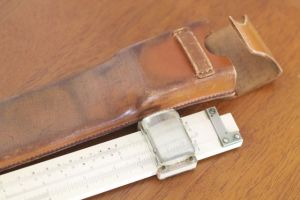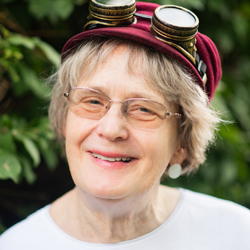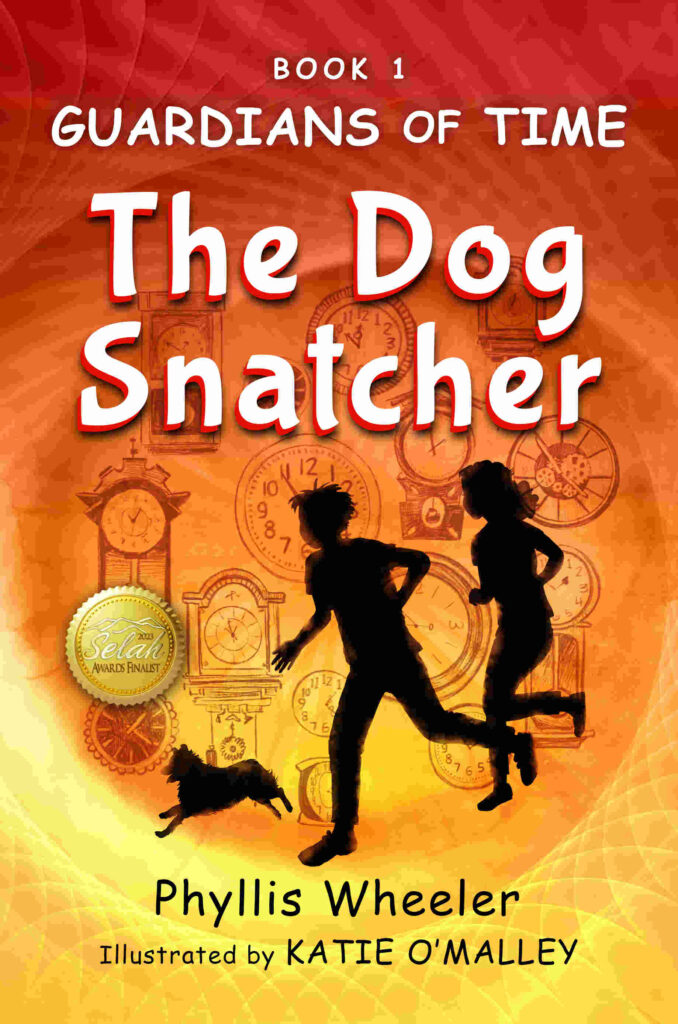
Eldred W. Hough, although he was the oldest son, wasn’t named for his father, Thomas C. Hough. Instead, his younger brother got the name Thomas Hough.
So, why did the younger one get the father’s name? That’s kind of odd.
Dad’s names came from his mother’s genteel family, the Eldreds. I’ve shared already that his mother Jennie came from a wealthy established family in Carrollton, a medium-sized Illinois town, while his father came from the family of a successful immigrant entrepreneur, no doubt lesser in status in that time and place.
Into this mix were born Eldred (in 1916) and his younger brother Tom. Eldred’s strengths were in the geek direction, while Tom’s strengths gave him what he needed to be a successful businessman. Eldred became an engineer and a college professor; Tom took over the leadership of the local bank from his mother’s brother.

Eldred W. Hough 1916-1990
Where was the key struggle in Eldred’s life? Eldred wanted to be a big fish in a big pond, to become a somebody in the wide world.
He started with a radio repair business in high school, conducted from his bicycle. In those days, the radio was the key link to the outside world for news and information, and he had plenty of customers.
Then he went to the University of Illinois and studied engineering at a time when that wasn’t easy, graduating in 1939. 
For his Ph.D. in applied physics, he went to Caltech. His thesis advisor was none other than J. Robert Oppenheimer, “Oppie” as Dad called him. Dad got the Ph.D. in 1943, in the thick of World War II. And guess what Oppenheimer had him working on?
At least some of the time, he worked on the A-bomb at Los Alamos, probably on the key problem that Oppie struggled with for years: how to detonate the thing. Mostly he worked on the computations from his base at Jet Propulsion Laboratories (JPL) in the Los Angeles area.
He wasn’t proud of his participation, no doubt sharing Oppie’s moral misgivings about such a weapon. He didn’t tell any family members about his participation except his son Roger, many years later.
After a wartime job testing rocket fuels at JPL (yes, my dad really was a rocket scientist), he settled on petroleum engineering as his field and got a job with an oil company in Tulsa. But not before he married Jane Elder in Los Angeles in 1948, whom he met at church.
Dad was ambitious and wanted to climb into college administration, and this took our family of six on quite a ride. My childhood was spent living about four years in one house and then moving to another, nearly always in another city. (Not a good thing from my point of view, by the way.)
Dad had tenure and left it to move on four times. This is unheard of. But no worries; he always got it again, usually instantly. It helps to be in demand.
And this he was. He was smart and very knowledgeable in a tiny field, petroleum engineering. Many people needed his expertise, including corporations who would have paid him more than academia. But his heart was in the classroom. And in administration.
Finally he maxed out in administration as dean of engineering at the University of Maine. After a political tussle five years in, he found himself a simple professor again. Soon enough he was invited back to one of his previous positions, head of the petroleum engineering department at Mississippi State. He retired from there.
Dad was quite the story teller, too. He was naturally good at it, especially yarns about small-town life in Carrollton.


A lamp made from oil field piping
One more engineer’s heirloom: a lamp he had made out of some oil well pipe. It was in our house all my childhood.








